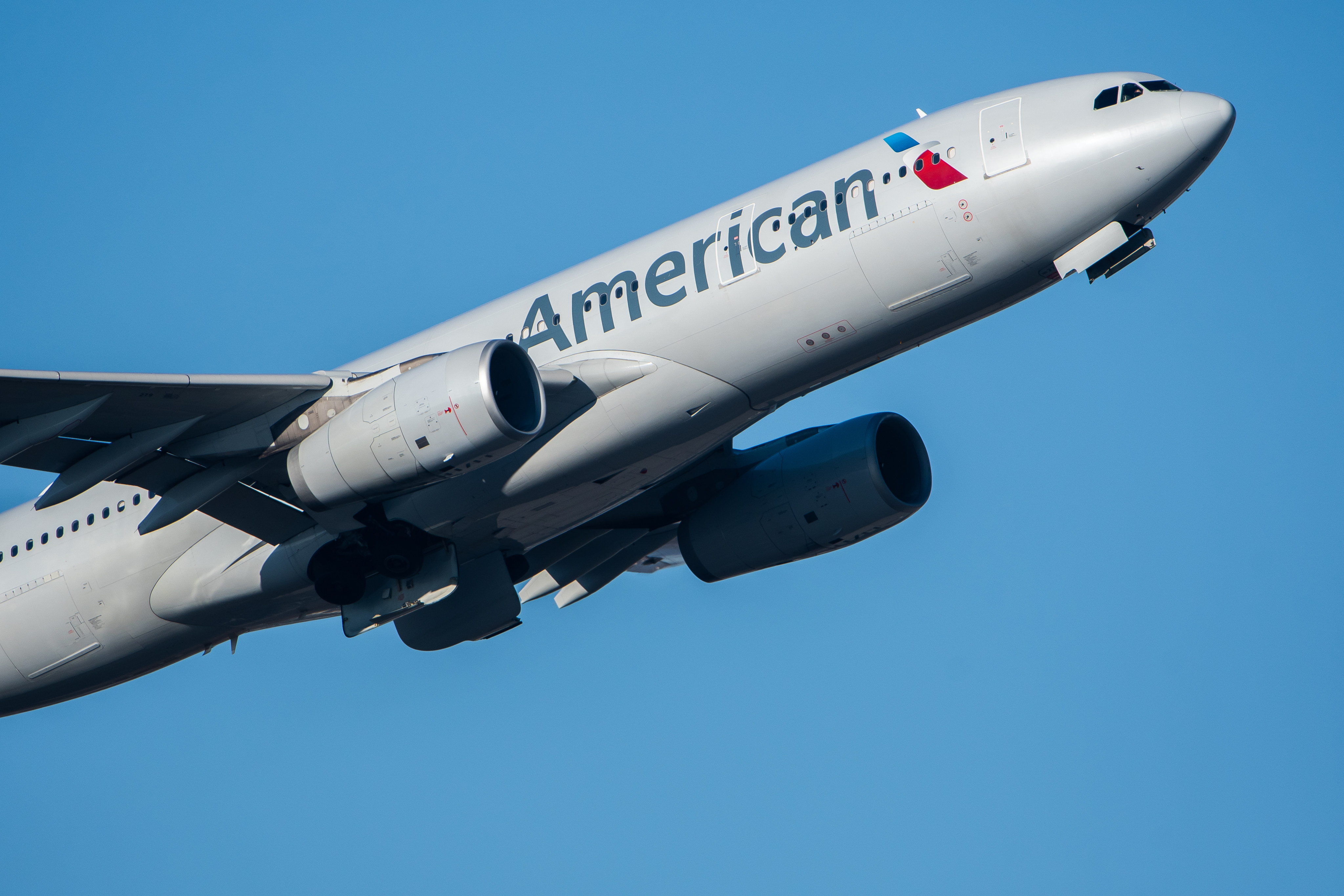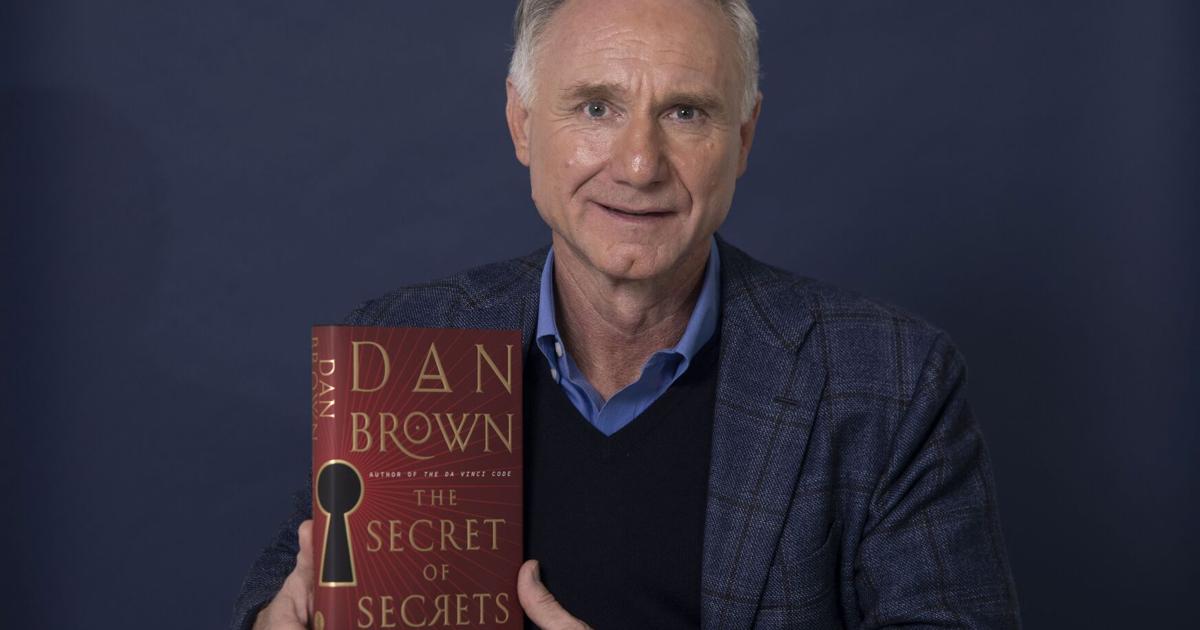By Tribune News Service
Copyright scmp

A federal California jury ruled that Fort Worth-based American Airlines should pay US$9.6 million for neglecting a passenger who suffered a stroke on board a flight from Miami to Madrid, failing to report his mid-flight symptoms.
The San Jose-based jury found that when Watsonville, California, resident Jesus Plasencia suffered a stroke after take-off on flight 68 in March 2021, flight crew did not follow American’s policies and procedures, according to a statement from his lawyers.
Plasencia, a chef, suffered a short transient ischemic attack (TIA), sometimes referred to as a mini stroke, while at the gate in Miami, according to evidence presented at the six-day trial, the statement said.
Plasencia was unaware that the attack had happened. However, Plasencia’s wife, Marcela Tavantzis, alerted a flight attendant that her husband temporarily lost motor control and began speaking “gibberish”, according to the statement.
A transient ischemic attack is likened to a temporary stroke and means there is a temporary lack of blood flow to part of a person’s brain, according to the Cleveland Clinic.
The symptoms of a TIA are similar to an ischemic stroke, which can include one-sided weakness, slurred speech and blurred vision. Though most TIA symptoms subside within minutes, they are often a warning sign that a stroke is possible or even imminent, according to the Cleveland Clinic.
“People may have a stroke shortly after a TIA, but not realise what the TIA was,” the Cleveland Clinic says on its website.
Instead of reporting the incident to medical personnel, an American Airlines pilot cleared Plasencia for take-off, in contradiction with the carrier’s policies, the statement said. After Plasencia began displaying stroke symptoms after take-off, the flight crew asked other passengers to watch him but did not tell the pilot about the incident, according to the statement.
As a result, Plasencia did not receive urgent medical treatment for his stroke for eight hours, the statement said.
Typically, flights will be diverted to the nearest airport during emergency medical situations.
“It is shocking that American Airlines responded so poorly to a medical emergency like this, and it is appalling that the airline tried to defend its conduct by claiming Mr. Plasencia had pre-existing conditions,” Darren Nicholson, a lawyer for Dallas-based Burns Charest and lead counsel for Tavantzis and Plasencia, said in a statement.
Hannah Crowe, also a lawyer at Burns Charest, and San Mateo, California-based lawyer Sanjiv Singh, also tried the case.
“Under a treaty called the Montreal Convention, passengers have extra protections on international flights,” Crowe said in a statement. “The jury rightfully determined American violated the law, and we are grateful for their verdict.”
In response to a media inquiry regarding the verdict, American Airlines said in a statement: “The safety and well-being of our passengers is our highest priority. While we respect the jury’s decision, we disagree with the verdict and are currently evaluating next steps.”



